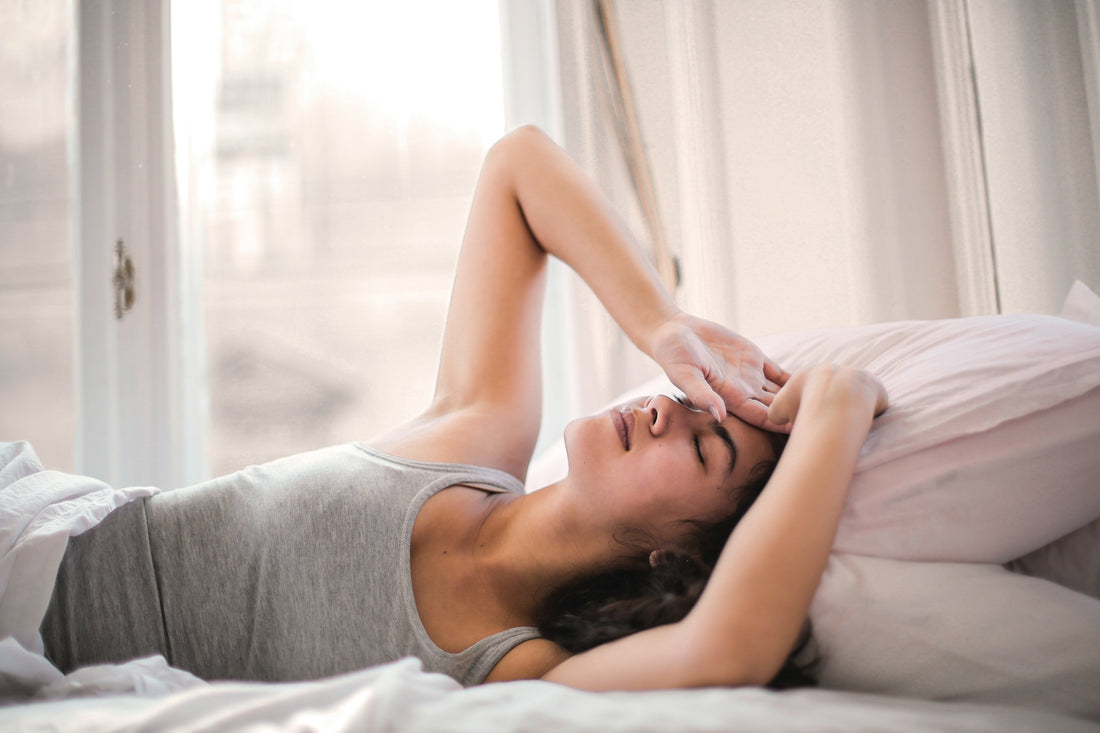
Sleeplessness – Symptoms, causes and solutions
Share
Some other causes of sleeplessness could be:
- An over-active mind
- Shift-work
- Stages of life (menopause, pregnancy etc)
- Jet lag
- A snoring partner
- External noise
- Pain
- Poor sleep habits (including but not limited to too many stimulants near bedtime, going to bed too late or not enough physical activity during the day just to name a few)
Some of these things you can control, while others are hopefully short-lived.
Signs your sleep quality needs improving
If you answer yes to more than one of the following – your sleep could definitely do with improving:
- Poor sleep is something you “just put up with”
- You take more than 30 minutes to fall asleep after you get into bed
- You regularly wake up more than once a night
- You lie awake for more than 20 minutes when you do wake up
- Your body clock seems to think that 3am is the time to wake up
- You feel tired and sleepy during the day
- You drink caffeine to stay alert
- You have difficulty focussing and staying on task, frequently forgetting things
- Your skin is breaking out or your eyes are puffy, red, or developing dark circles or bags
- You feel hungry more often, especially craving sugar in the afternoon
- You feel more stressed, emotionally exhausted or more irritated or fragile than usual
Your sleeplessness solutions
If you’ve just realised maybe your sleep could benefit from some improvement, try some of these suggested solutions to help your sleep:
1. Go to bed at the same time every night.
Doing this trains both the brain and the body clock. Never discount the value of routine.
2. Wake at the same time every morning.
Once you’ve established a good go to sleep routine, a good wake up routine should follow.
3. Make your bedroom dark.
Light confuses the brain into thinking its daytime. When there’s too much light we produce less melatonin, making it harder to fall asleep.
4. Eat light.
It takes up to 3 hours to properly digest a meal, so give your body time to do this before you hit the pillow.
5. Avoid caffeine and alcohol.
Stimulating the nervous system not only stops you from falling asleep, it also contributes to more frequent night waking.
6. Take your computer (and your phone!) out of your room.
This is a hard one but worth the perseverance! Removing technology from the bedroom requires commitment and discipline but by removing yourself from a device that creates both stimulation and stress is well worth it to improve sleep.
7. Herbs of Gold Sleep Ease
Herbs of Gold Sleep Ease contains Passionflower, traditionally used in Western herbal medicine (WHM) to calm the mind, enhance sleep and relieve symptoms of mild anxiety, especially if this is contributing to sleeplessness. Passionflower is combined with California poppy, traditionally used in WHM to induce sleep and improve sleep quality.
8. Herbs of Gold Magnesium Night Plus
Herbs of Gold Magnesium Night Plus is a high-strength magnesium powder containing Passionflower and California poppy, herbs traditionally used in WHM to promote sleep.
Always read the label and follow the directions for use.
